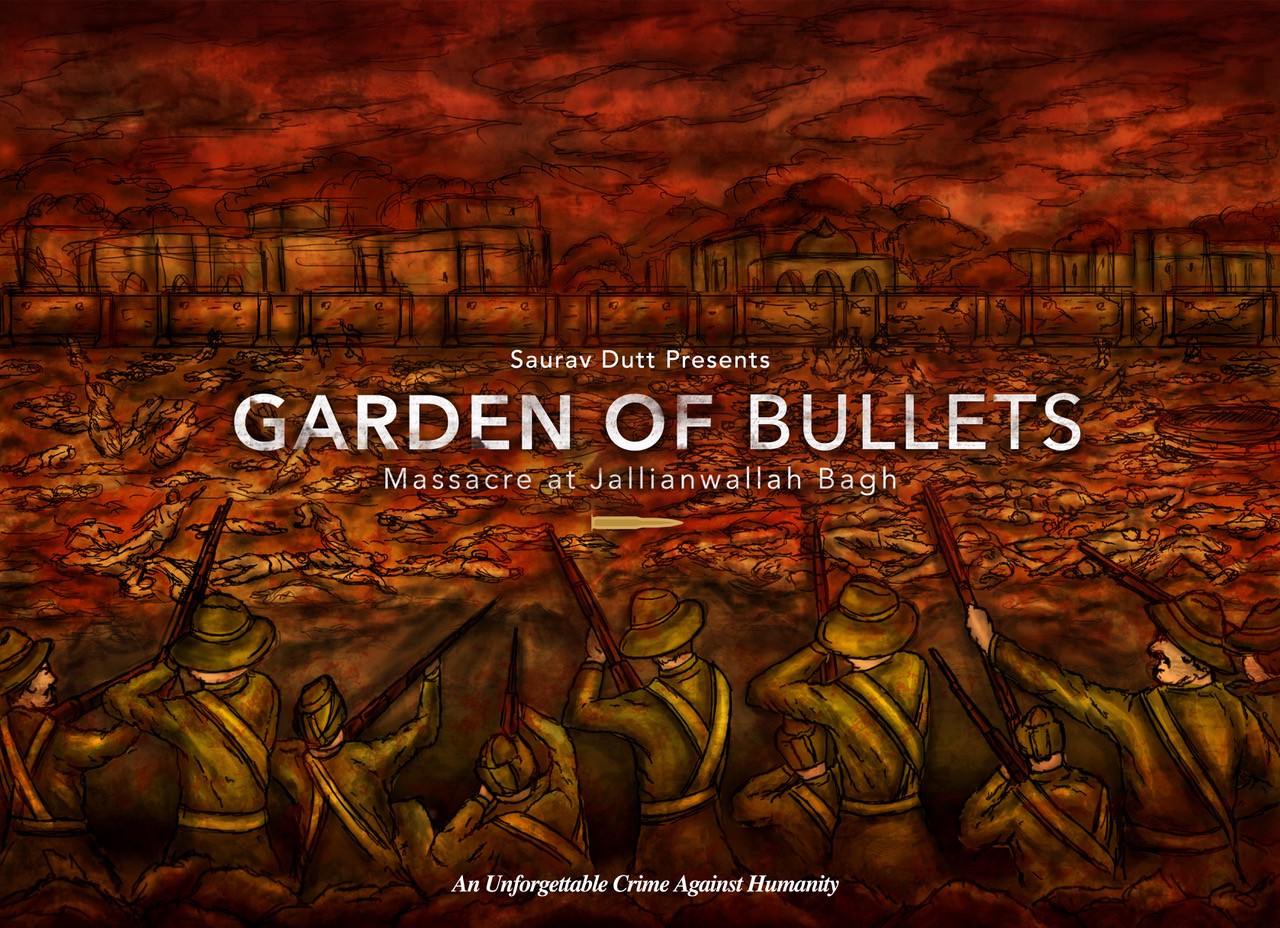By Aditi Khanna London, Mar 13 (PTI) A British-Indian author on Wednesday marked the launch of his new historical fiction based on the Jallianwala Bagh massacre with a call for the UK government to formally apologies for the attack in April 1919. Saurav Dutt, born in Kolkata and raised in the UK, released 'Garden of Bullets: Massacre at Jallianwala Bagh' exactly a month ahead of the centenary of the tragedy on April 13. The 37-year-old said he agreed with a growing number of British-Indian voices, including those of peers who recently held a debate on the issue in the House of Lords, that it was time the UK government formally apologized for the attack under British rule. "It is time the UK government acknowledges this crime and there cannot be a more appropriate time than the centenary to do this," Dutt said. "An apology achieves a sense of recognition, framing this dark chapter squarely within the overall context of colonial rule and imperialism. An apology codifies the horror of this event for posterity and allows future generations to recognize its significance," he said. Hundreds were killed and thousands injured when General Dyer's men opened fire at a crowd gathered at Jallianwala Bagh in Amritsar on April 13, 1919. During a debate titled 'Amritsar Massacre: Centenary' in the House of Lords last month, a government minister had confirmed that the UK foreign secretary Jeremy Hunt was "reflecting" on demands for an apology and that plans were underway to mark 100 years of the tragedy "in the most appropriate and respectful way" next month. "Of course, an apology alone is insufficient, for it must be complemented by a more contextual education of the time and the Indian nationalist movement," the author said. "This event was the catalyst for Indian independence and gave Gandhiji and the Satyagraha movement new wings, while at the same time providing crucial leverage to the movements pushed by individuals such as Bhagat Singh and Netaji Subhas Chandra Bose," said Dutt, who chose to structure his new book as a historical fiction in an effort to transport younger generations to the Raj era. The author describes his work as a homage to those in Punjab and elsewhere who still feel the pain and consequence of the tragedy. His research, encompassing over two years, involved both Western and Indian sources, including documents, reports, books written by scholars of the time, law report compilations, interviews within academia and museum staff. He explained: "It was vital to ensure it was well rounded and nuanced, not simply painting colonialists and members of the British autocracy as racist psychopaths while at the same time not steeping the narrative within a purely nationalist context. "I say in the foreword that this is a book about memory, about feeling-sometimes strictly academic accounts of historical massacres such as this lack that sense of pernicious injustice and ethical divergence." Following a UK book launch and tour from this week, Dutt hopes to travel with the 'Garden of Bullets' to other parts of the world.
Author of new book joins calls for UK to apologies for Jallianwala Bagh massacre
- by Rinku
- March 13, 2019 2 minutes

Garden of Bullets











